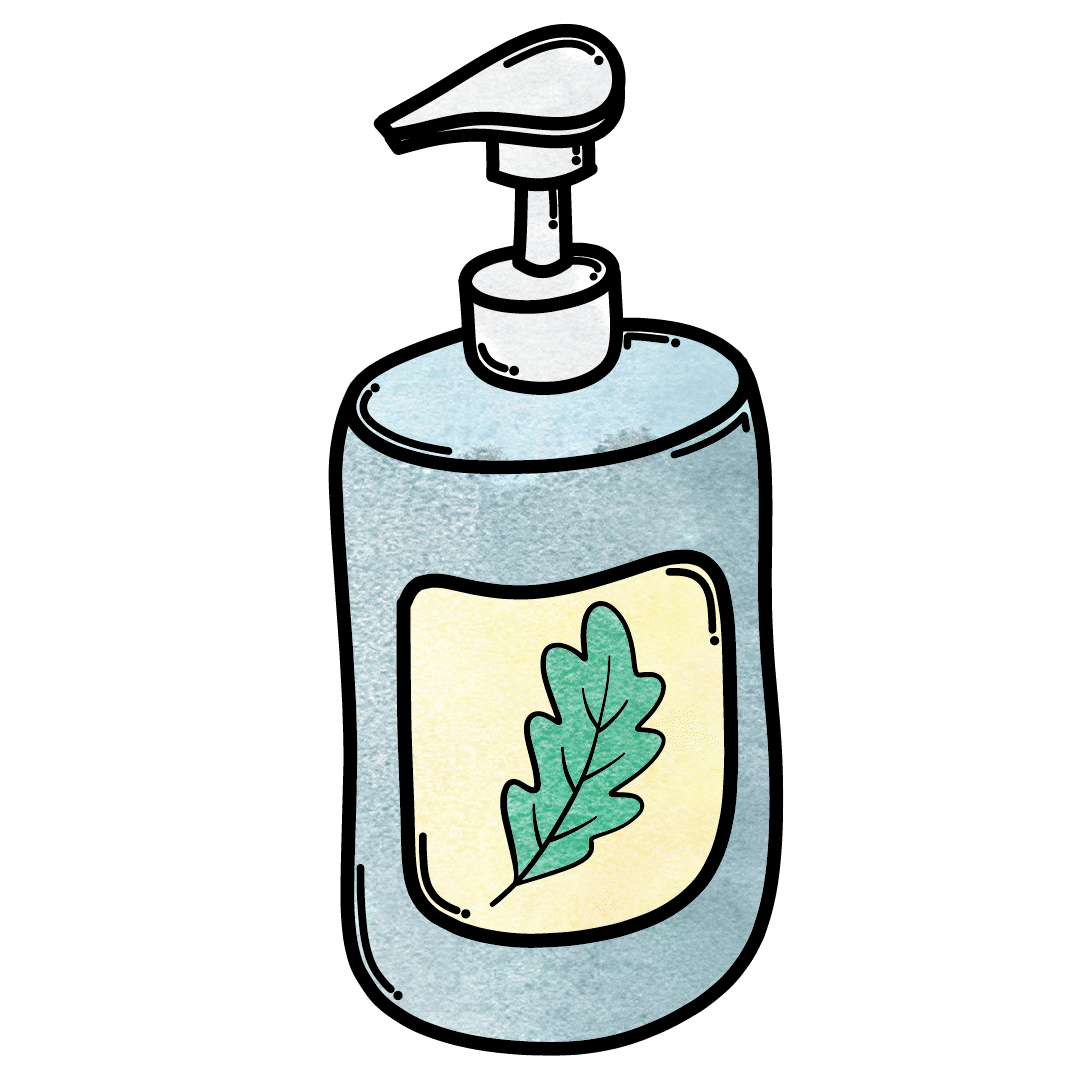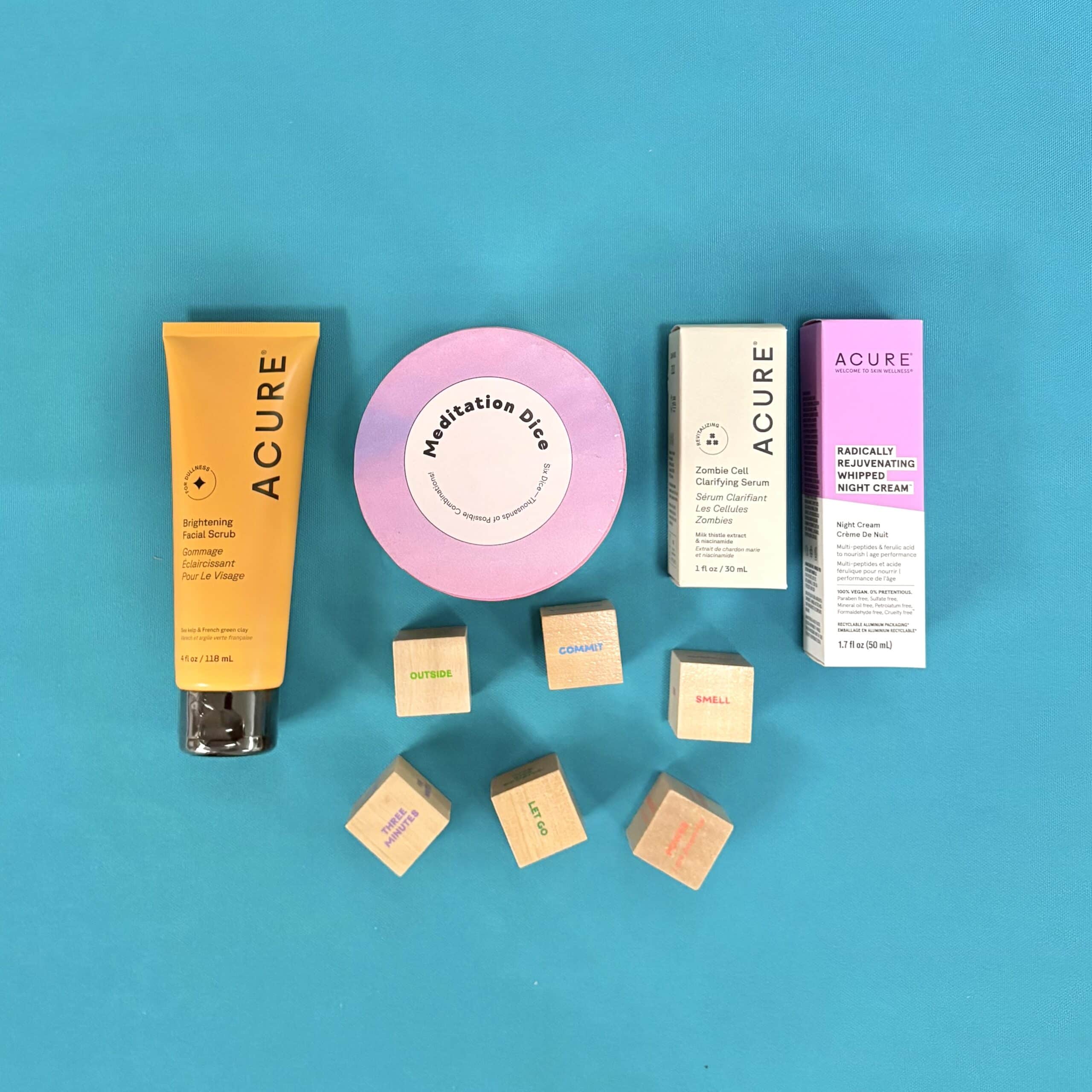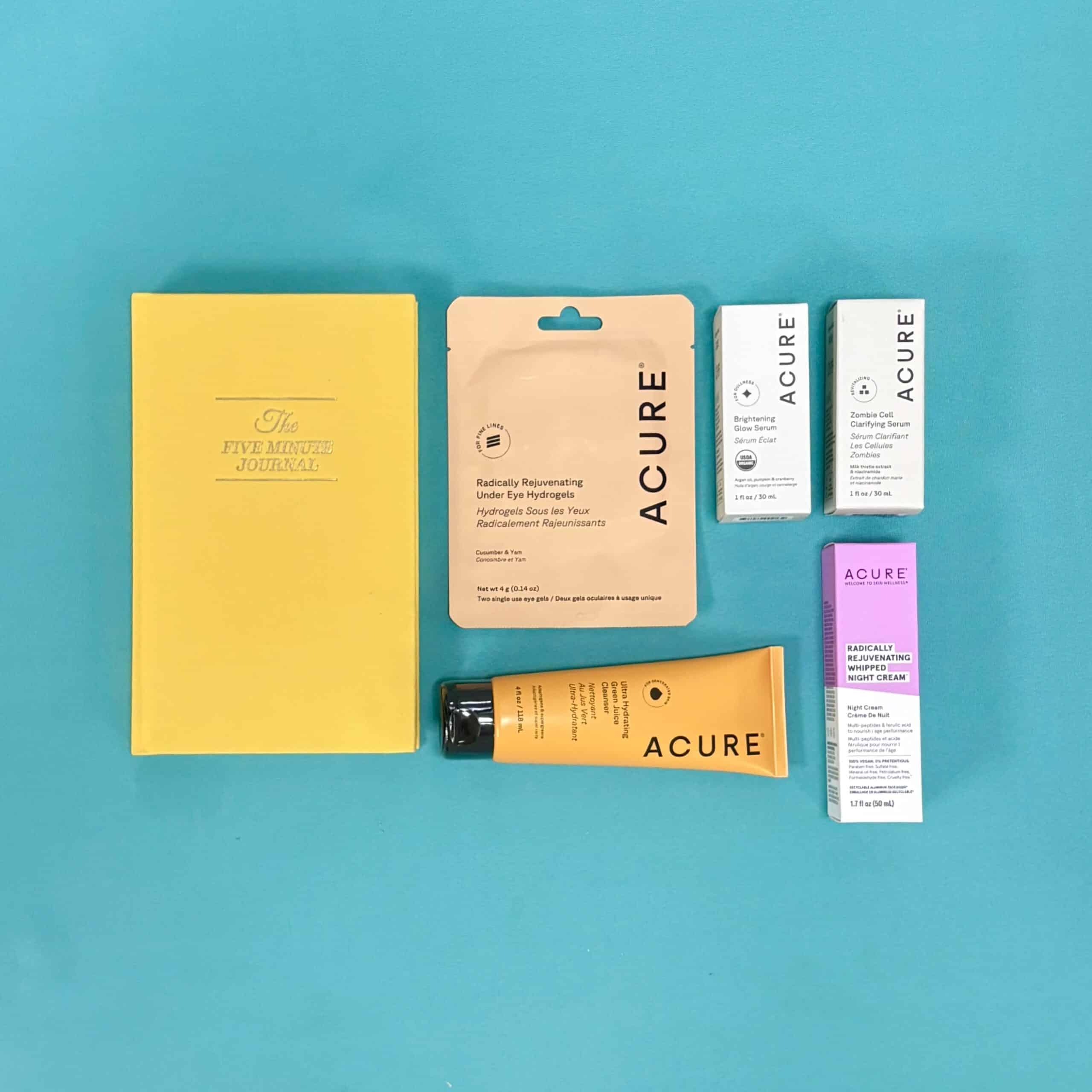
We often think about what we eat, but the products we put on our skin, in our hair, and in our homes also affect our health and well-being. Personal care and cleaning products can contain chemicals that build up in the body, disrupt hormones, and harm the environment.
❝
Keeping your body healthy is an expression of gratitude to the whole cosmos – the trees, the clouds, everything.”

Even products labeled “clean” or “natural” can have unsafe ingredients. Everyday items like shampoo, lotion, deodorant, and toothpaste may contain untested chemicals linked to cancer or hormone disruption. One word on an ingredient label — like “fragrance” — can hide thousands of undisclosed ingredients, many of which can cause health risks like allergies and affect your hormones.
These risks don’t affect everyone equally. Women generally use more personal care products than men, and women of color — especially Black women — face higher exposure from products marketed to them. For example, some hair relaxers can contain formaldehyde and quaternary ammonium compounds (quats), which are linked to cancer and reproductive harm. The Campaign for Safe Cosmetics offers a list of Black-owned beauty brands with safer, non-toxic alternatives.
Period products can also be a concern. A 2024 study from U.C. Berkeley found toxic metals, like lead and arsenic, in every tampon tested, which led to an FDA investigation. Pads and tampons may also contain pesticides, dioxins, and synthetic fragrances, and create hundreds of pounds of plastic waste over a lifetime. MADE SAFE recommends safer choices such as products that are made from organic cotton, or that are reusable.
Cleaning products need careful scrutiny too. Even though we don’t put them on our bodies, many release volatile organic compounds (VOCs) that can irritate the lungs, disrupt hormones, and increase cancer risk. These chemicals linger in indoor air, settle into household dust, and flow into waterways, harming ecosystems. You can check product labels using the EWG Healthy Living app, or make your own simple cleaners at home with ingredients like baking soda, vinegar, and essential oils.
Real change takes more than personal choices — stronger laws and corporate responsibility matter too. In California, the Fragrance and Flavors Right to Know Act now requires businesses to disclose toxic fragrance ingredients, encouraging safer products. But, U.S. laws still lag behind the European Union, where more than 1,700 harmful chemicals are banned from cosmetics as of May, 2025. True body justice means ensuring that safer products are not a privilege, but a right.
While stronger laws are essential, real progress also comes from businesses and organizations leading the way with safer products and transparent standards. Acure offers affordable, vegan, and cruelty-free products to make cleaner beauty accessible to all. MADE SAFE certifies products that meet high health and safety standards for both people and the planet. The Campaign for Safe Cosmetics mobilizes consumers to push for stronger protections, turning personal concern into collective action.
Every product we buy is a choice — a vote for our health, for fairness, and for the planet. Choosing safer options helps protect ourselves and future generations.
RESOURCES
CHALLENGE
When you buy personal care products, you focus on how they make you look and feel. But how often do you check the ingredients on your shampoo or deodorant? And, even when you do, the lists can be tricky to understand. Let’s take a closer look.
Ingredient labels don’t always tell the whole story. One word, like “fragrance,” can hide hundreds of chemicals, some with serious health risks. In the U.S., companies don’t have to reveal what’s behind these terms, so consumers don’t know what’s really in their products.
Making your own skincare or cleaning products can save money, reduce waste, and give you control over what goes on — and into — your body. It’s easier than you might think!

Each Greener Winner will receive:

Each Greenest Winner will receive: